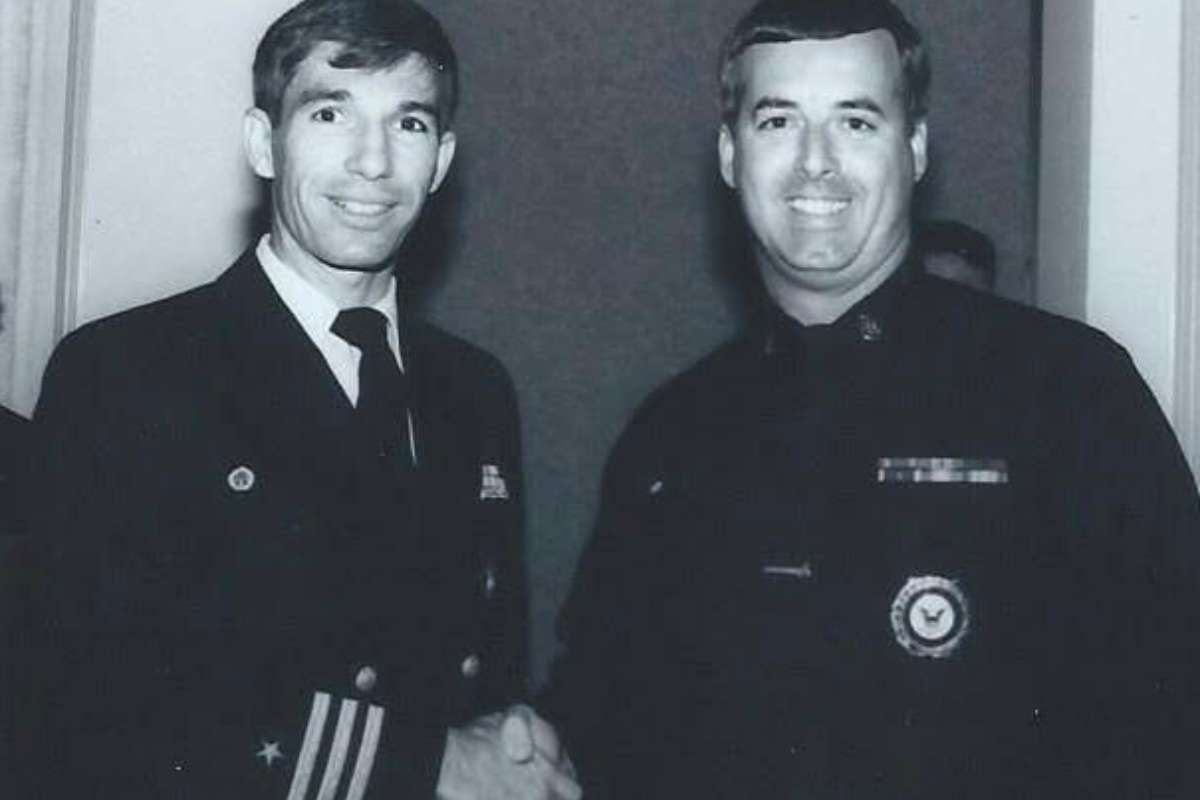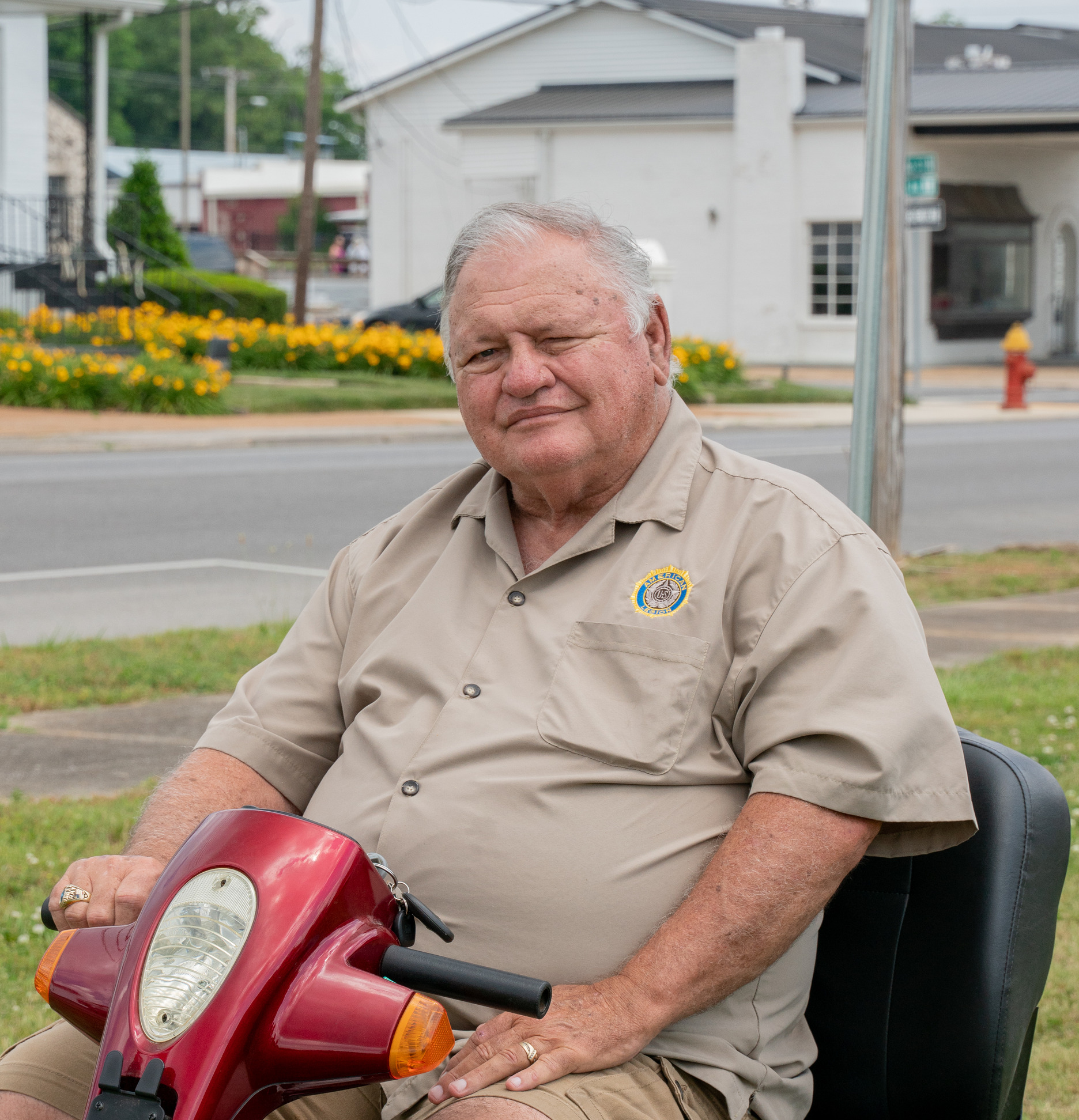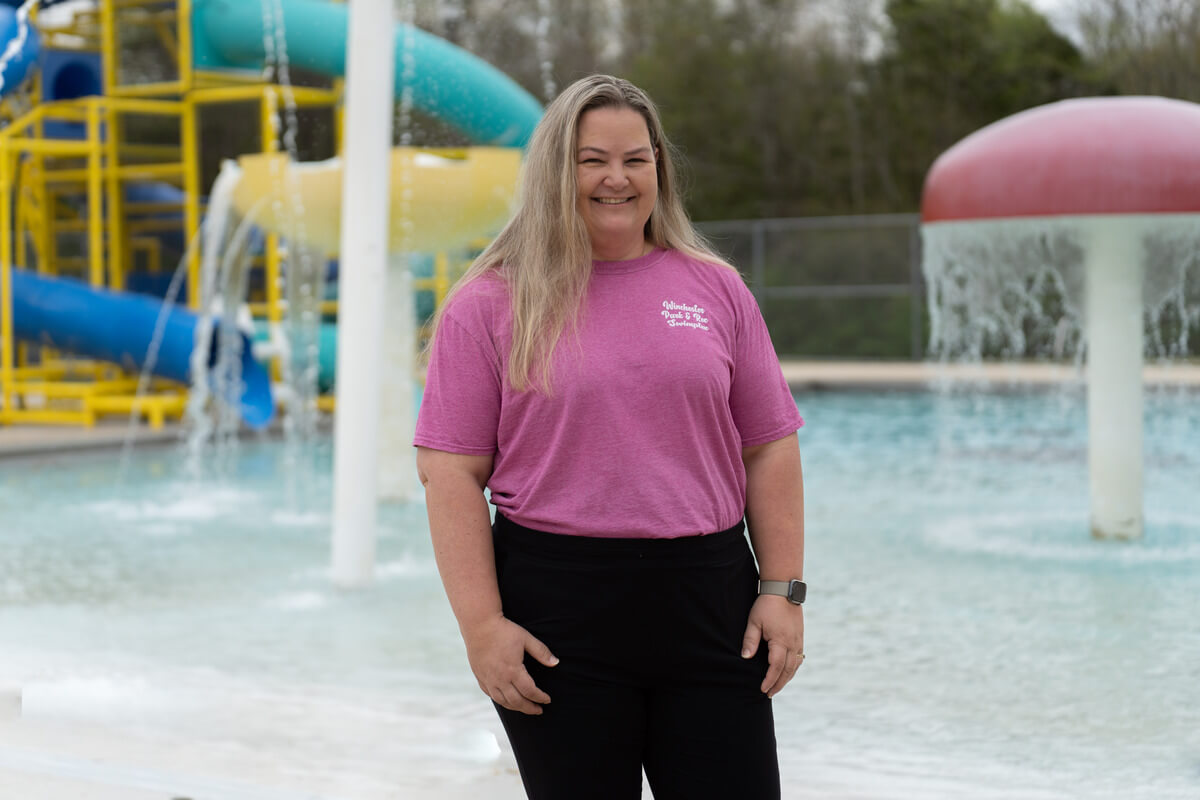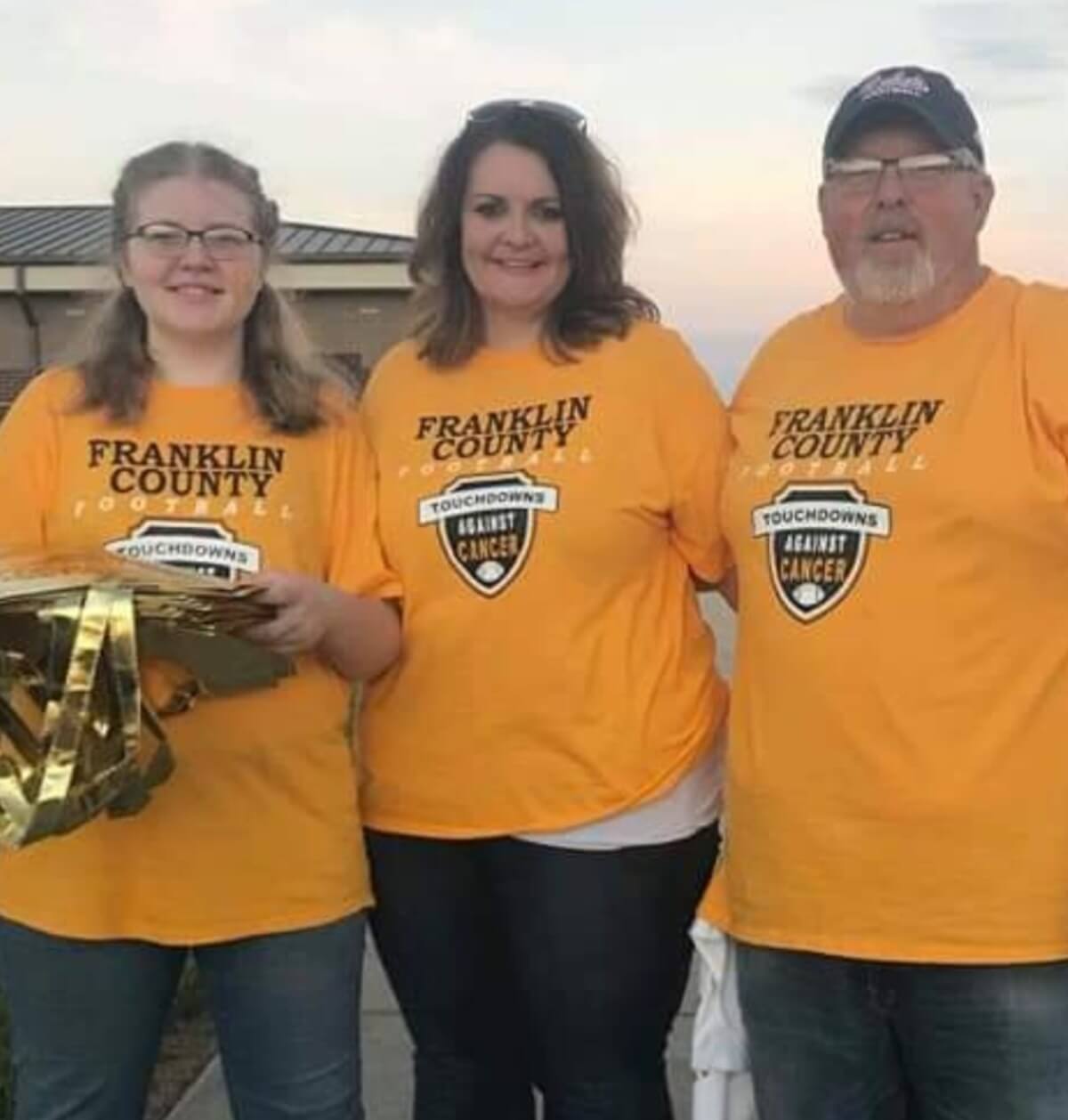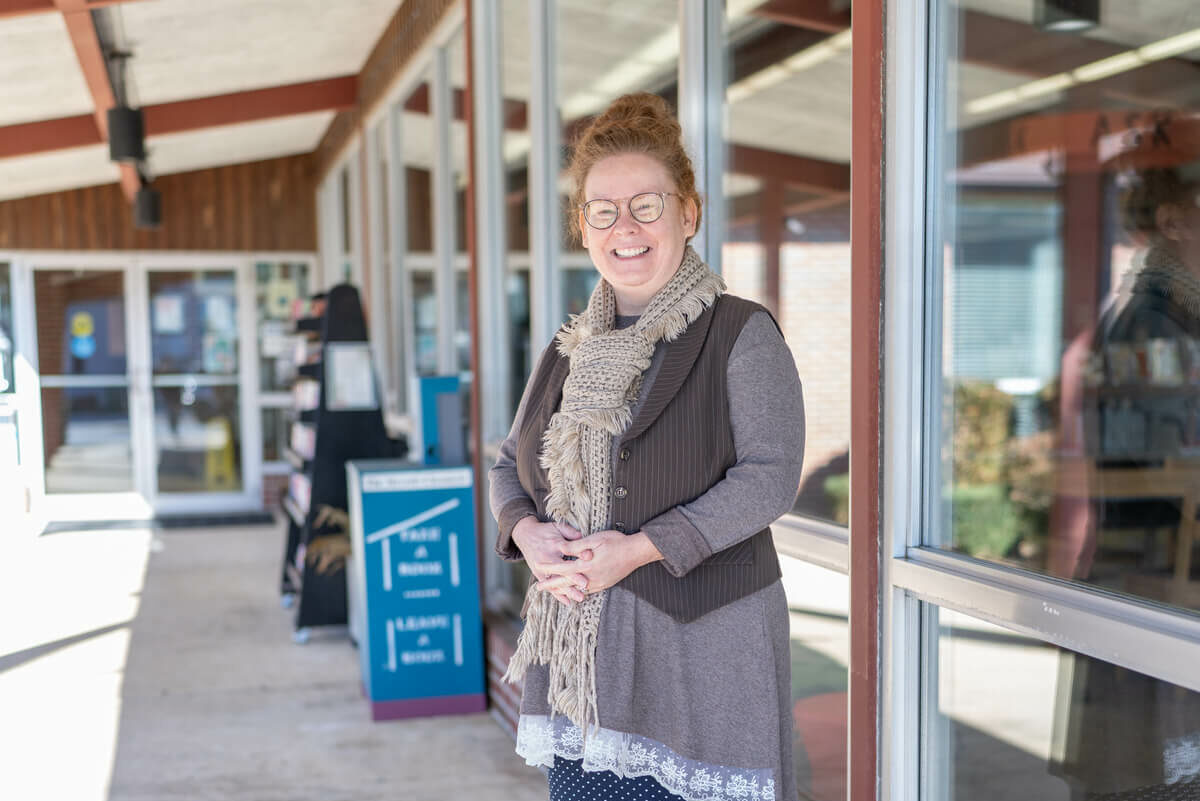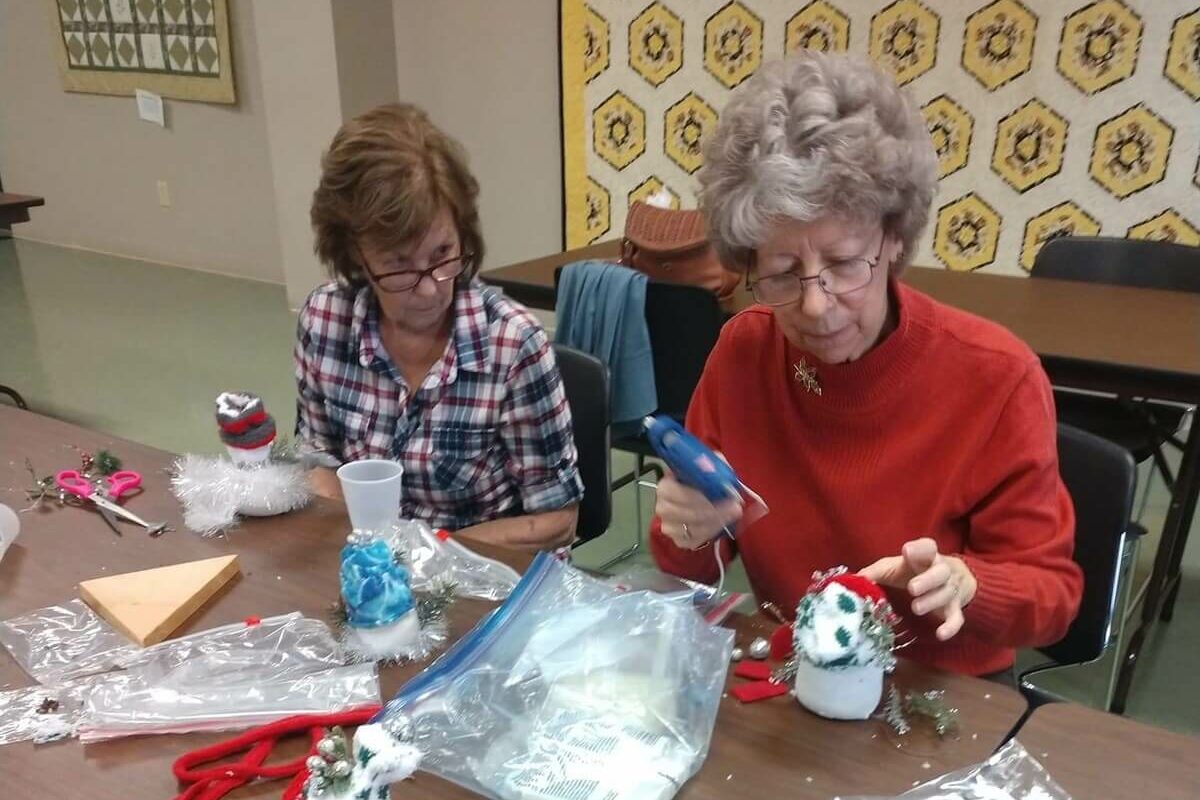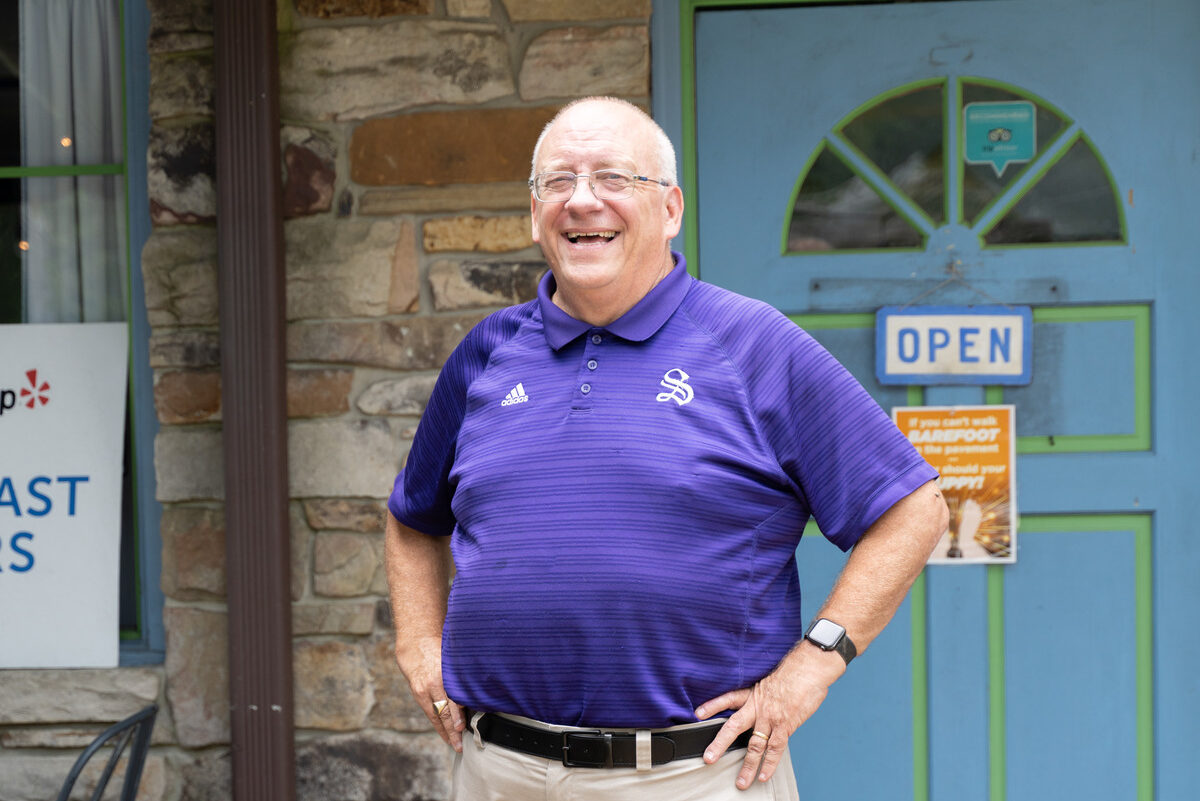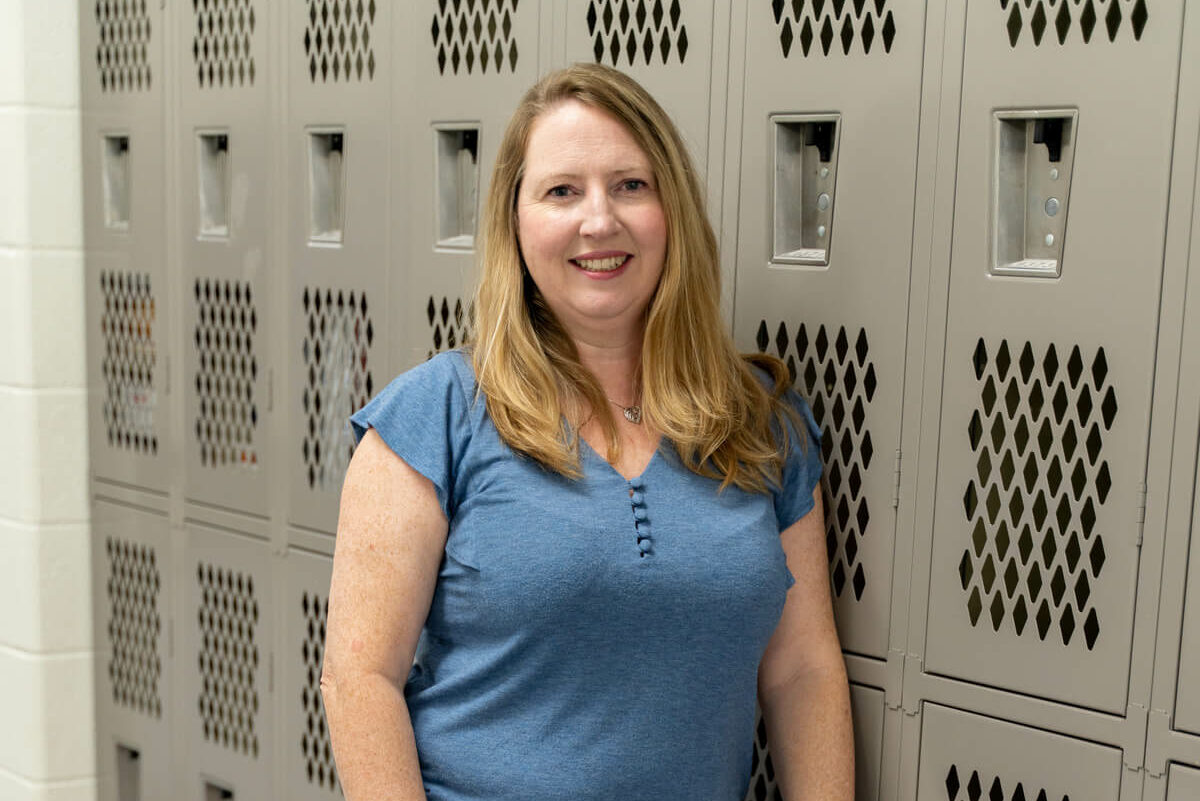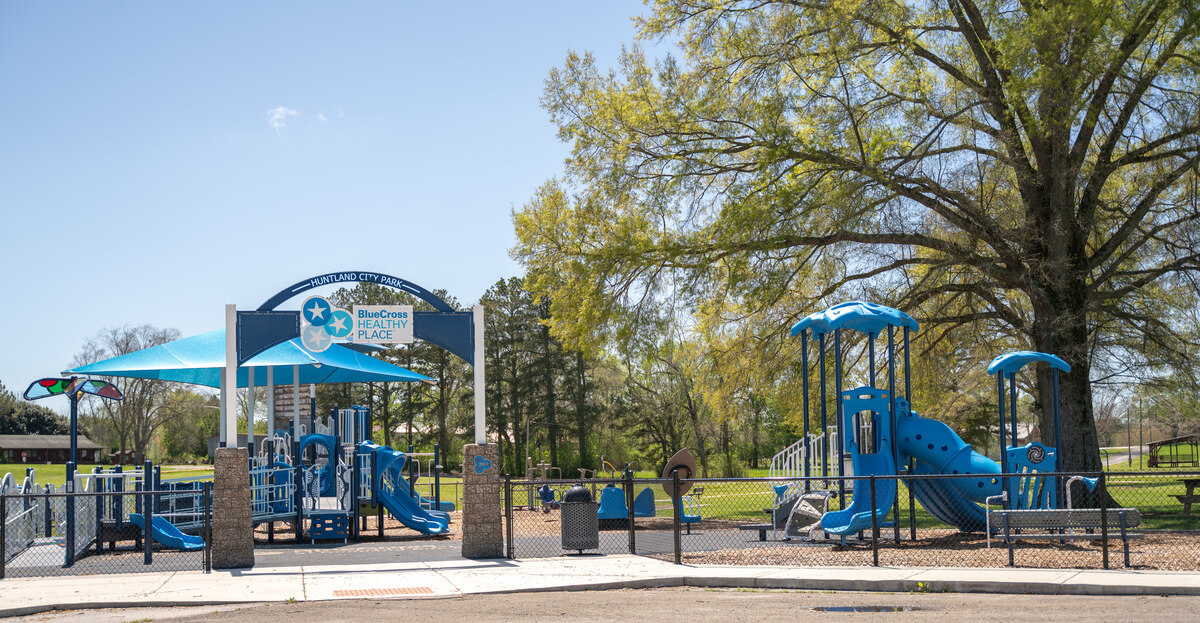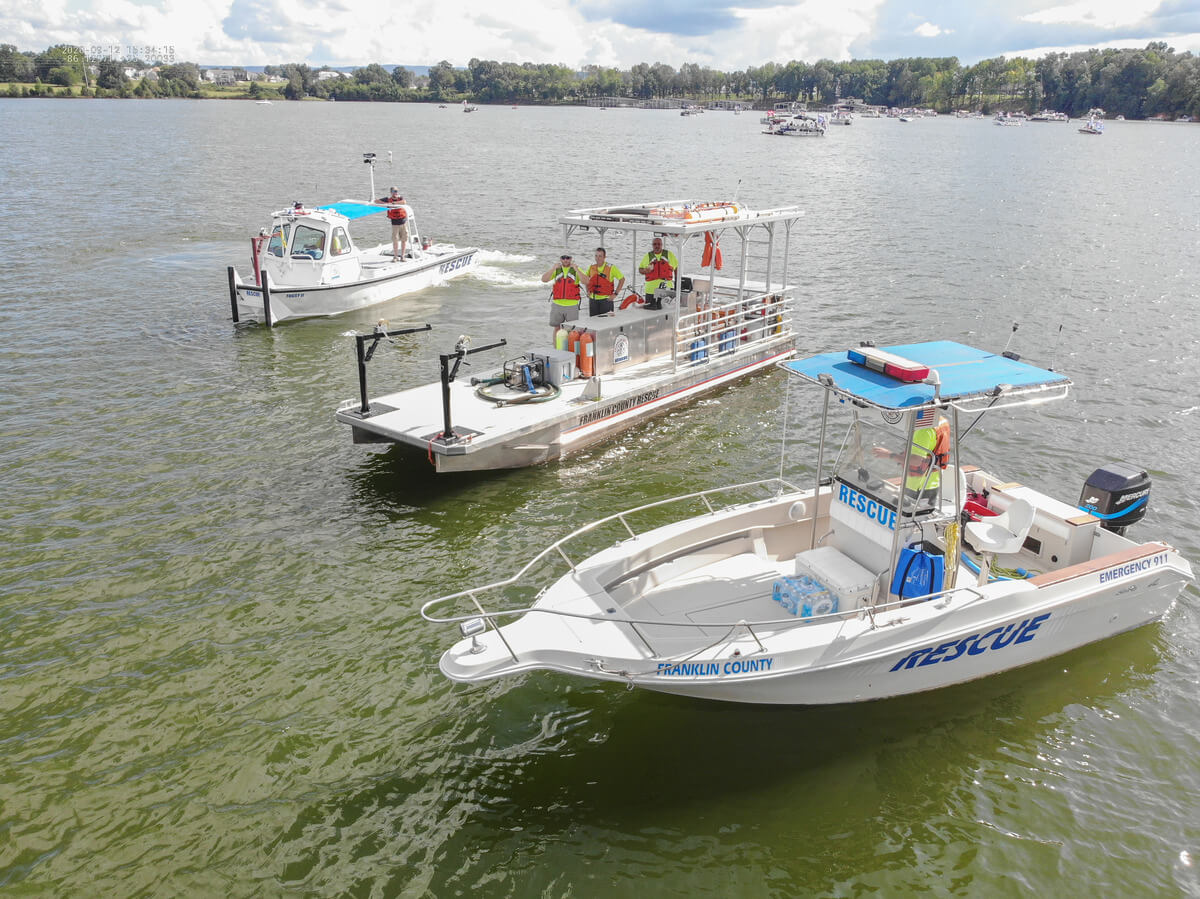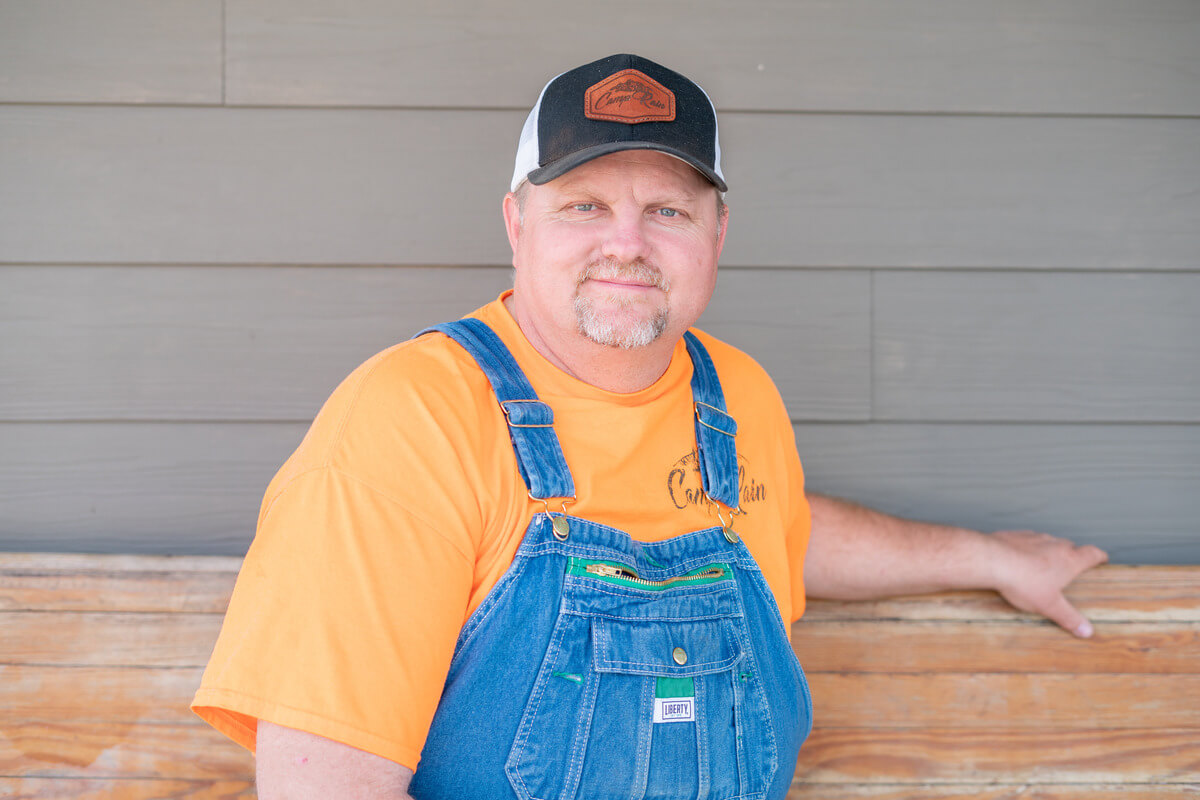MARVIN BISHOP was hired at the Winchester Utility System 50 years ago, and at the time, it was a radically different job. The crew did not have trench boxes, automated meters, or GPS systems. Workers relied on experience, work ethic, basic tools, and willingness to work together regardless of difficulty. Bishop’s expertise has impacted a significant portion of Franklin County’s current water lines.
Bishop found himself working for the utility department based on a friend’s recommendation. Edwin Sells, who worked for the company, convinced Bishop to apply.
“We had a good working relationship, and he would pick me up and take me home,” Bishop said.
He was officially hired in 1975, and both men worked there for over half a decade. The job lacked today’s safety precautions, but Bishop was no stranger to making things happen regardless of dangers. Before this position, Bishop had worked on the Normandy Dam in 1971, which was riskier than his utilities work.

“We did the work as safely as we could,” Bishop said. “You just didn’t have any of the things to keep you safe the way you do today.”
Bishop said the depth of holes increased the risk of cave-ins while working, and available safety equipment was primitive compared to the options today.
“We had two pieces of plywood on each side while we were down there, and you pulled them out by hand every day,” Bishop remembered.
These makeshift walls weren’t the sturdiest solutions, but Bishop never had one cave in on him. Today, better protective tools keep workers at a minimum risk.
“Back in the day, you had nothing,” Bishop said. “Today, you’ve got better machines, better trench boxes; I mean, it’s unreal the difference.”
Today’s techniques include sloping trenches to prevent pressure buildup and using a stair-step method called benching to create stronger structural integrity, among other protocols.
Despite having less to work with in the beginning, Bishop’s small crew was productive and dedicated to doing quality work. Bishop worked primarily with Edwin Sells and supervisor Jim Vann, and the three could go the distance with rudimentary tools and the willingness to work hard.
“We put in a full mile of pipes in a day,” Bishop said. “[Vann] would make sure it all got done.

Vann passed away several years ago, but Bishop never forgot those good years working under his leadership. He recalled fondly that Vann would take the straightest path to connect water lines, even through treacherous forest areas.
“He said, ‘Go ahead and dig right through.’ But we told him, ‘You go first!’” Bishop said with a smile.
Bishop was instrumental in running water lines all over Winchester and deep into Moore County, though they have since sold most of those Moore County lines to Metro Moore County Water. His crew ran pipes within a few miles of Jack Daniel’s Distillery and out to the Tyson chicken farm. Today, their service area stretches from the edges of Moore County all the way into Grundy County, including Winchester and other areas of Franklin County. Bishop witnessed Winchester’s changes over 50 years, particularly when Tims Ford Lake was created in the late 1960s.
“It was probably about 1969,” Bishop said. “Because so many people wanted to move to this area once there was a lake there.”
This influx of new residents meant utility system expansion, growing from what Bishop estimates was “maybe 50 miles or less” of water lines to around 500 miles today, with Bishop contributing significantly to that work. Locals may not know how much Bishop has done to help build this community, but his behind-the-scenes efforts have brought water to thousands over the years.
For someone considering a utilities career today, Bishop’s advice reflects his old-school work ethic:
“You know, you have to have the right tools to do it and be ready to work hard. I’ve always enjoyed this work — it was a good job,” Bishop said.

Winchester Utilities continues to explore more effective technology, which could bring exciting systems to the area. Waterline workers already use leak-detection tools to pinpoint problems, but integration with phone apps could someday mean immediate notifications and leak analysis. Automated metering and other smart grid technologies could also be added soon.
According to Human Resources Manager Jeff Mathews, automated meters are in the works. This would allow utility workers to read meters without visiting homes and provide instant usage updates.
“Customers can have a better idea of what their usage is and have more control over what they’re doing,” Mathews said. “You can see the immediate impact. You know how everyone talks about making sure you turn the lights off in a room? Well, you can actually see the impact on your usage every time you turn them off or on.”
These ever-improving technologies are incredible, but wouldn’t be possible without groundbreakers like Bishop, who humbly said it was “just a great job with great people.”
“It was always something different every day. That’s what I liked about it,” Bishop said.
His work laid the foundations for Winchester’s utilities and the employees who would come after him, and he is deeply respected for his contributions. GN
















